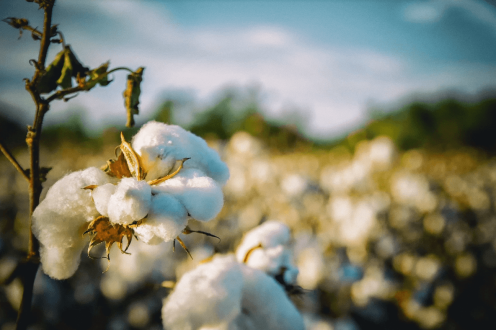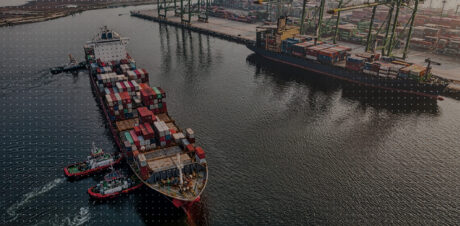U.S. Customs and Border Protection (CBP) intends to impose restrictions on cotton and tomato imports from China’s Xinjiang Uighur Autonomous Region (XUAR), according to Reuters.
We found over 2,400 companies in Xinjiang linked to cotton and over 240 companies linked to tomatoes, based on their business purpose as disclosed in official corporate records. An import ban could affect not only these firms but countless manufacturers and distributors in other provinces whose goods rely on cotton and tomatoes from Xinjiang. This would pose a significant challenge to U.S. firms to move their supply chains out of the region.
News of a potential import ban follows a string of recent U.S. government actions against the Chinese government for alleged human rights abuses in the Xinjiang region. In July, the U.S. Department of the Treasury’s Office of Foreign Assets Control sanctioned the Xinjiang Production and Construction Corps (XPCC), a massive paramilitary conglomerate.
Growth in Xinjiang’s cotton and tomato sectors
Xinjiang’s agricultural sector has grown significantly over the past decade, thanks in part to government-led reorganization and increased integration into nationwide supply chains.
In 2014, the Chinese government began an initiative to vertically integrate the cotton and textile supply chain in Xinjiang. Xinjiang produced 85 percent of China’s cotton output last year, according to Chinese government statistics.
Xinjiang’s tomato industry also has grown in recent years. Between January and August 2019, Xinjiang tomato exports grew by 11.9 percent year-over-year, according to government customs statistics.
A wide-ranging ban
The bans will cover goods across the entire cotton and tomato supply chains, according to Reuters. This could include any goods produced with Xinjiang cotton or tomatoes — such as textiles, apparel, and ketchup.
Any of these 2,400 Xinjiang-based companies active in the cotton industry could supply textile manufacturers and distributors in other parts of China. For example, AHCOF International Development Co. Ltd., an Anhui-based conglomerate, reportedly exports a variety of raw materials, including cotton and yarn. The conglomerate has several branches across China, including a branch in Xinjiang that lists cotton manufacturing and distribution in its business purpose.
This means that U.S. companies that import textiles from China risk violating the ban even if their direct suppliers are not based in Xinjiang.



